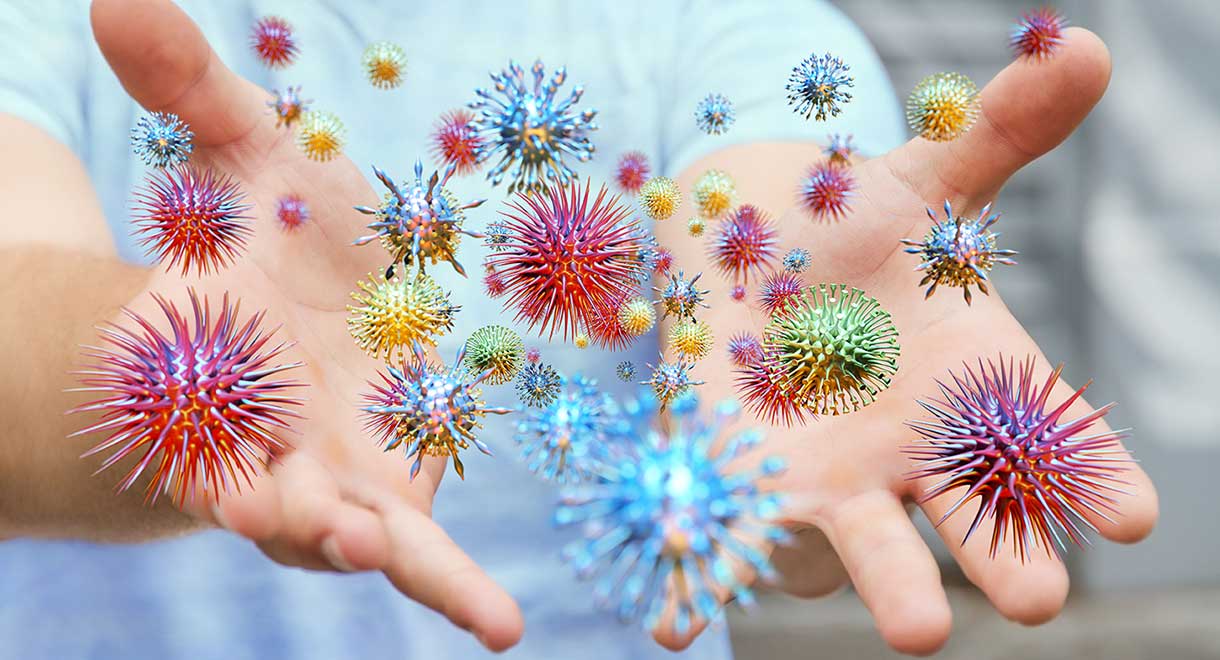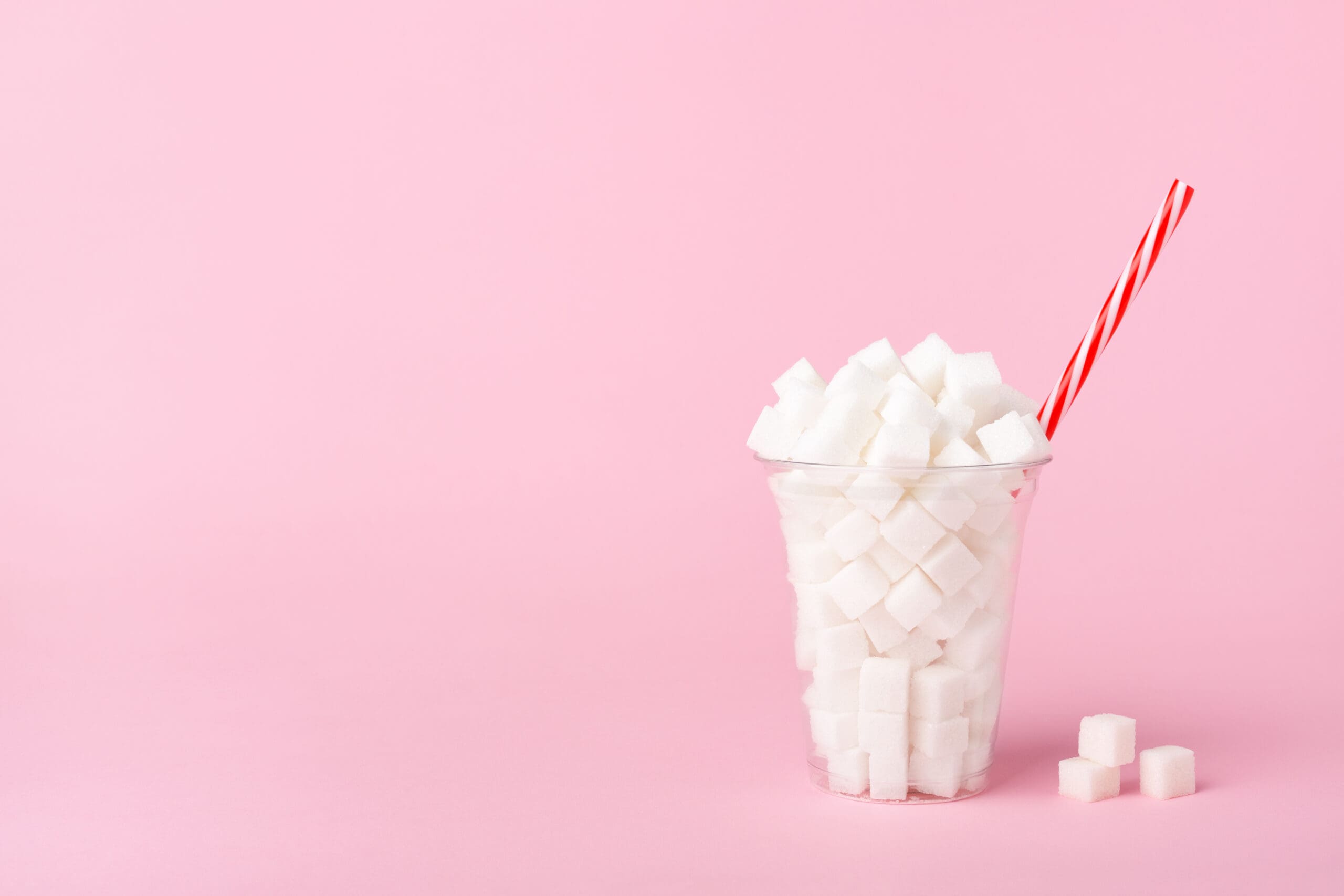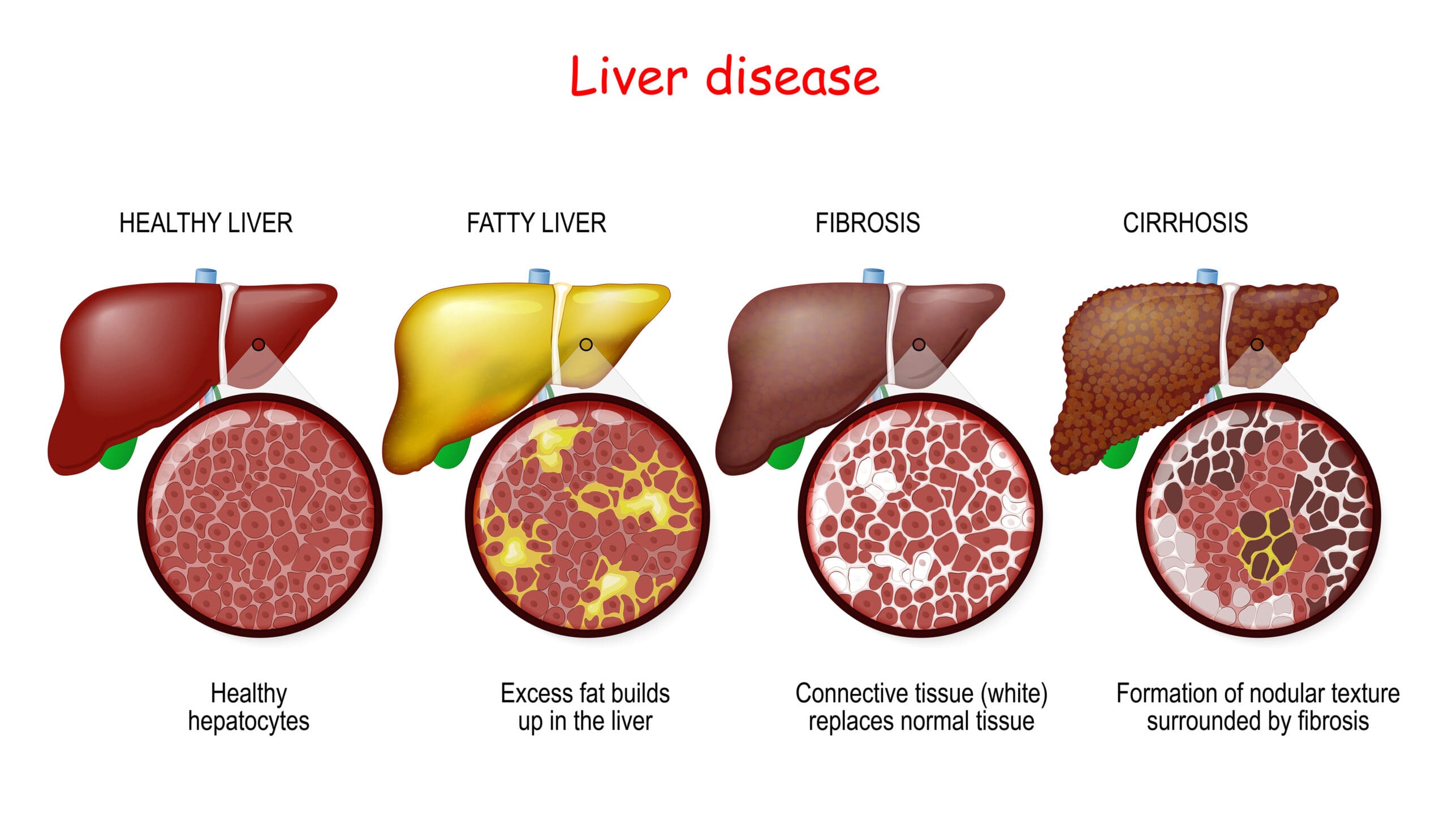Diabetics must protect themselves from infections
By naturopath Margaret Jasinska
Diabetics are at higher risk of catching infections and find it more difficult to overcome them. If you have type 1 or type 2 diabetes, please make sure your body has the nutrients it needs for protection against infections.
Elevated blood sugar, and elevated insulin (present in most cases of type 2 diabetes) causes increased inflammation in the body. This inflammation leads to wear and tear and heightened oxidative damage. The body of a diabetic uses up nutrients at a faster rate in an effort to mitigate the harm caused by inflammation. The liver produces glutathione in order to try and reduce inflammation. Glutathione production requires selenium, glutamine and n-acetyl cysteine.
Research has shown that vitamin C deficiency is quite common in diabetics and can significantly delay the healing of wounds, particularly leg ulcers. Wounds that fail to heal can cause significant complications for older type 2 diabetics, such as amputations.
Australian endocrinologists have said “Scurvy may be an overlooked cause of poorly healing foot ulcers in people with diabetes. Vitamin C deficiency was surprisingly common among patients attending a diabetes clinic who had delayed healing lower limb ulcers and a poor diet, diabetes specialists at Westmead Hospital in Sydney found.”
Diabetics most likely to be vitamin C deficient were those on a low income, older age, smokers, alcoholics and those with kidney disease. According to Professor Jenny Gunton, co-author of the study, “Foot ulcers that had been present for between three months and two years healed within 2-3 weeks of patients starting vitamin C replacement therapy of 500-1000mg/day.”
Millions of people come down with the flu each year and several thousand actually die from it. They are mostly elderly people, hospitalised people, children and pregnant women.
Tips to help with flu prevention and management
- Wash your hands regularly and avoid touching your mouth with your hands. The flu virus can survive on surfaces for eight hours. That makes it very easy to pick up unless you never leave your house.
- Make sure you get enough vitamin C. High amounts of fruit aren’t suitable for most type 2 diabetics but plenty of vegetables are a rich source of this nutrient, including broccoli, capsicum and parsley. A drizzle of lemon or lime juice over a salad is an easy way of adding vitamin C to a meal.
- Rest is the most important factor in helping your body to overcome an infection. Ideally you would go to bed and try to get some sleep. Taking cold and flu drugs and continuing to work just prolongs the illness and makes you more susceptible to catching another bug soon afterwards.
- Drink plenty of fluids. Try to sip water all day. It will help to manage a high fever, give you some more energy, help a cough and help you overcome the infection faster. Warm water with lemon and ginger is soothing to the throat and high in vitamin C.
- Eat lightly. If you’re really not hungry you can skip a meal and get some sleep instead. Salads, vegetable juice, steamed vegetables and smoothies are all suitable meals. It’s also important to get some protein and healthy fats in your diet, such as seafood, poultry (chicken soup), olive oil and avocados.
- Many herbs and spices have antiviral properties. Include as many of these as possible in your diet. Some of these include garlic, onion, basil, thyme, ginger and oregano.
- Avoid dairy products because they increase mucus production. They can make you more congested, especially at night and worsen a cough.
- Avoid sugar, as it suppresses your immune system. If you’re feeling feverish and exhausted, sometimes the only thing you want to eat is an ice block, but the sugar won’t do you any favours. A raw vegetable juice is just as refreshing and will provide nutrients your immune system desperately needs to fight the infection. Dr Cabot’s Ultimate Superfood powder is high in protein and also packed with vitamins and minerals. It can be added to smoothies or juices, sprinkled over cereal or yoghurt, or just stirred into a glass of water.








Leave A Comment